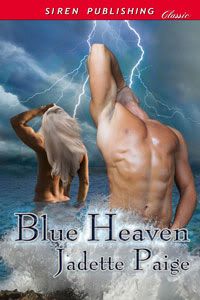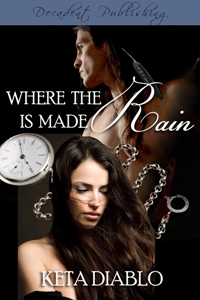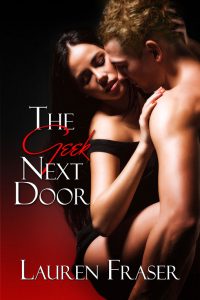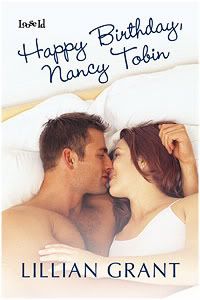Audio books were first formally recognized by the federal government in 1931 when Congress established the Books for the Adult Blind Program. The next year, the first talking book was produced. Today, the National Library Service circulates audio books to nearly a million physically impaired listeners.
The format of audio books has changed with technology. From hard discs, to vinyl, to cassettes, to CDs, to digital. In the late 60s most libraries offered audio books on vinyl or cassette. By the late 70s, the popularity expanded within the ranks of the non-impaired due to the decrease in size of cassette players and the convenience of transporting the players, including their installation in cars.
However, during the 80s, a number of major authors refused to allow their novels to be converted, which created a new concept – audio productions based on the books without the use of the actual manuscript. Music, actors and sound effects painted audio movies in the listener’s mind. By the mid-80s, audio books accounted for several billion dollars a year in retail sales. It didn’t take authors and publishers long to realize they were missing out.
The Internet, broadband technologies and advanced forms of playing the books have increased consumer interest, and thusly, sales, even though the price of an audio book exceeds its printed counterpart due to the added cost of a professional reader and production.
Add that the hired readers themselves have opened a whole new category to the concept of the audio book. With recognized names such as actor Will Smith applying their talent and name recognition to the mix, a new class of readers, those who enjoy listening to a particular reader, has emerged. Some buyers listen to books they may not have otherwise purchased had it not been for the fact their favorite reader was hired to record the book.
So now publishers need not only be aware of the growing demand for audio versions of their authors’ works, they also need to bear in mind who it is they hire to record the book.
What does this mean to authors?
When seeking out publishers, writers should be aware whether or not the prospective publisher avails their products to the audio media. It is a fact, audio sells. The author further needs to investigate the quality of the audio books the publisher produces. Are all of the readers unknown? Are the readers professionals, as in an acting troupe or members of an acting guild? Or are they a third cousin who needed a job and used a cassette player to record the book while the latest episode of Deal or No Deal plays in the background?
Writers further need to be aware of language within their contract as to audio rights. Undoubtedly, the royalty percentage will be different than for e-book and print versions of their work. Read that contract. Is the audio percentage based on true sale price? Or is it based on a percentage after production costs have been deducted? There’s a huge difference between 35% of a dollar, and 35% of 55cents after production costs have been deducted (figures are examples only and not deemed to be accurate).
Writers need to do their homework and spend a little time conducting research if they truly desire to break in to the growing audio market.

 Ali Katz
Ali Katz Amber Green
Amber Green Ash Penn
Ash Penn Cherise Sinclair
Cherise Sinclair DH Starr
DH Starr Evanne Lorraine
Evanne Lorraine Jadette Paige
Jadette Paige Jenika Snow
Jenika Snow Jerri Drennen
Jerri Drennen Judith Leger
Judith Leger Keta Diablo
Keta Diablo KevaD
KevaD Lauren Fraser
Lauren Fraser Lillian Grant
Lillian Grant

Thanks, Keva. I had no idea audio books were such a big market. I use them, and love them, especially in the car on a long trip. Earlier this year, The Time Traveler’s Wife took us from Tucson to Disneyland and back. Our 16 hours on the road just flew by.
Comment by practicalkatz — January 10, 2011 @ 06:37 |
You are a fount of information! I don’t happen to be a fan of audio books because the reader seldom matches the voice in my head.There have been a few exceptions and many of my friends love them. I can certainly see the value of a “talented” reader to sell a work and believe the author needs to have more say so in who is contracted to read their work.
Comment by Debbie Vaughan — January 10, 2011 @ 06:51 |
Great post, Keva. I really like your points at the end. I’ve never thought about the impact of audio sales before. Definitely something to consider!
Comment by Gillian Archer — January 10, 2011 @ 08:08 |
Some authors read their own stories, which lends an extra layer of pleasure to the audio book experience. 🙂
Comment by dangerouslysexy — January 10, 2011 @ 09:19 |
Thank you everyone.
Reading my own story would be disastrous. I’d be in the middle of reading a scene, get a flash of an idea for a new story, and spew it all over the microphone.
Comment by KevaD — January 10, 2011 @ 12:11 |
I would read it and decide I could have write it so much better if I could just go back and fix it. 🙂
Comment by Lillian Grant — January 10, 2011 @ 14:02 |